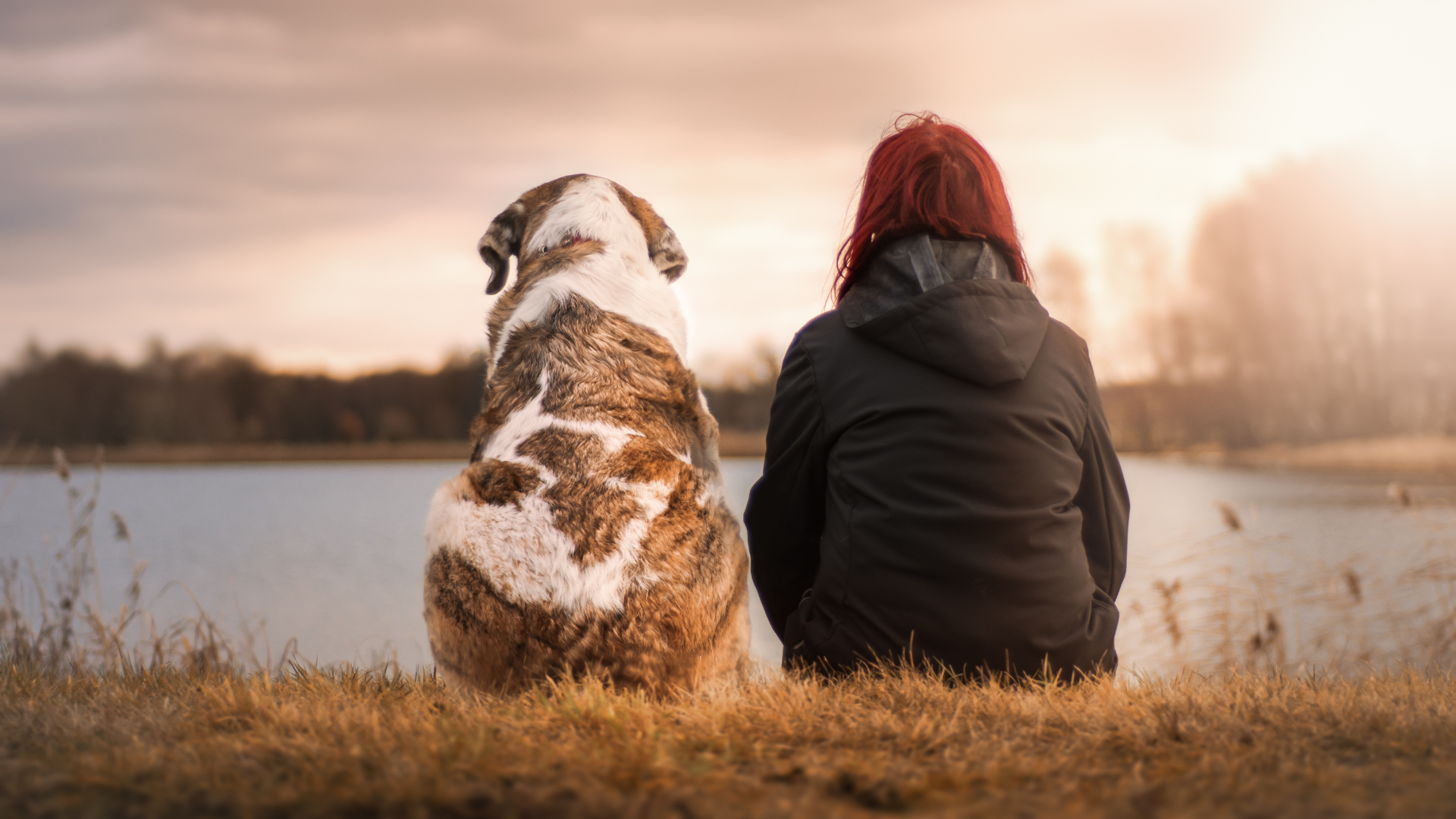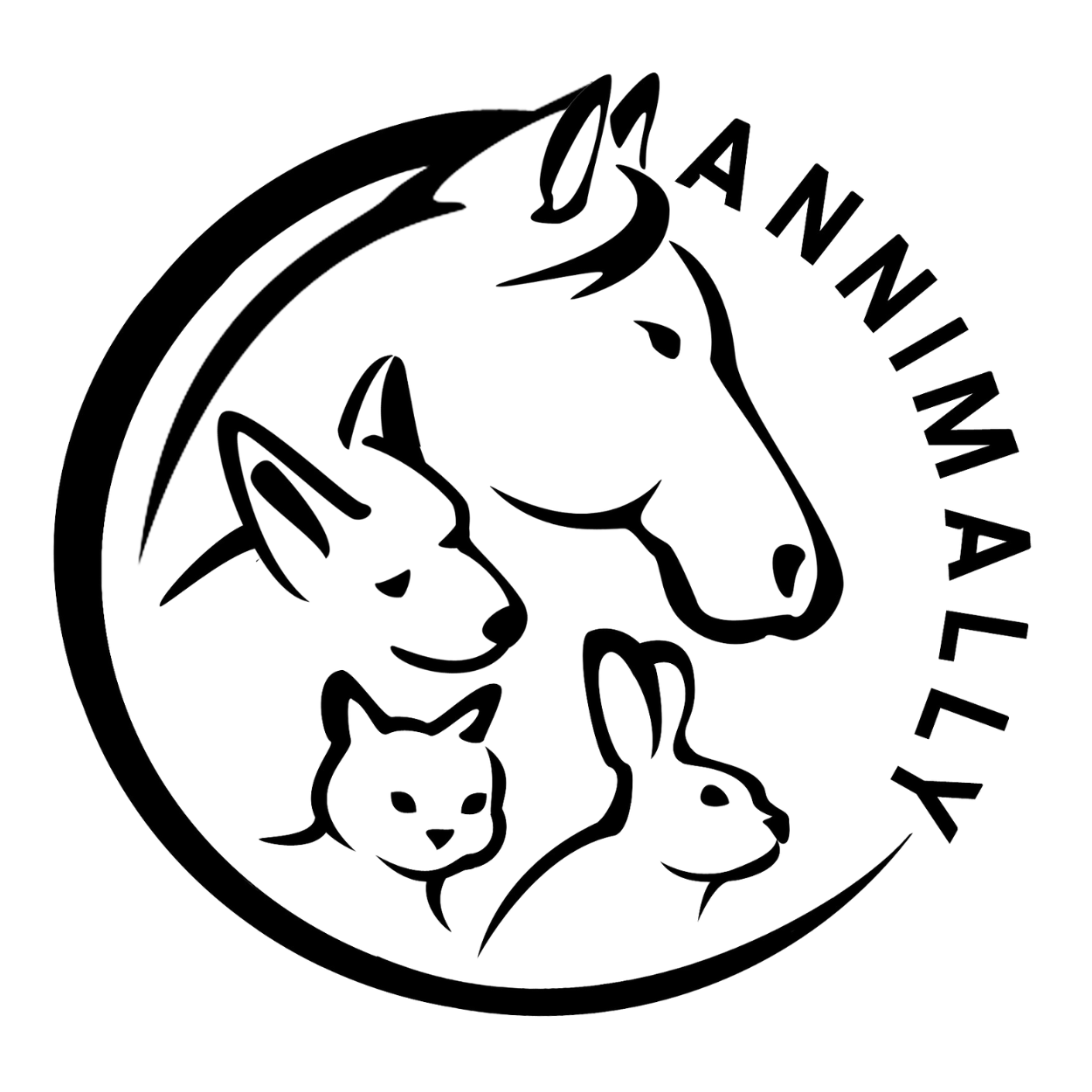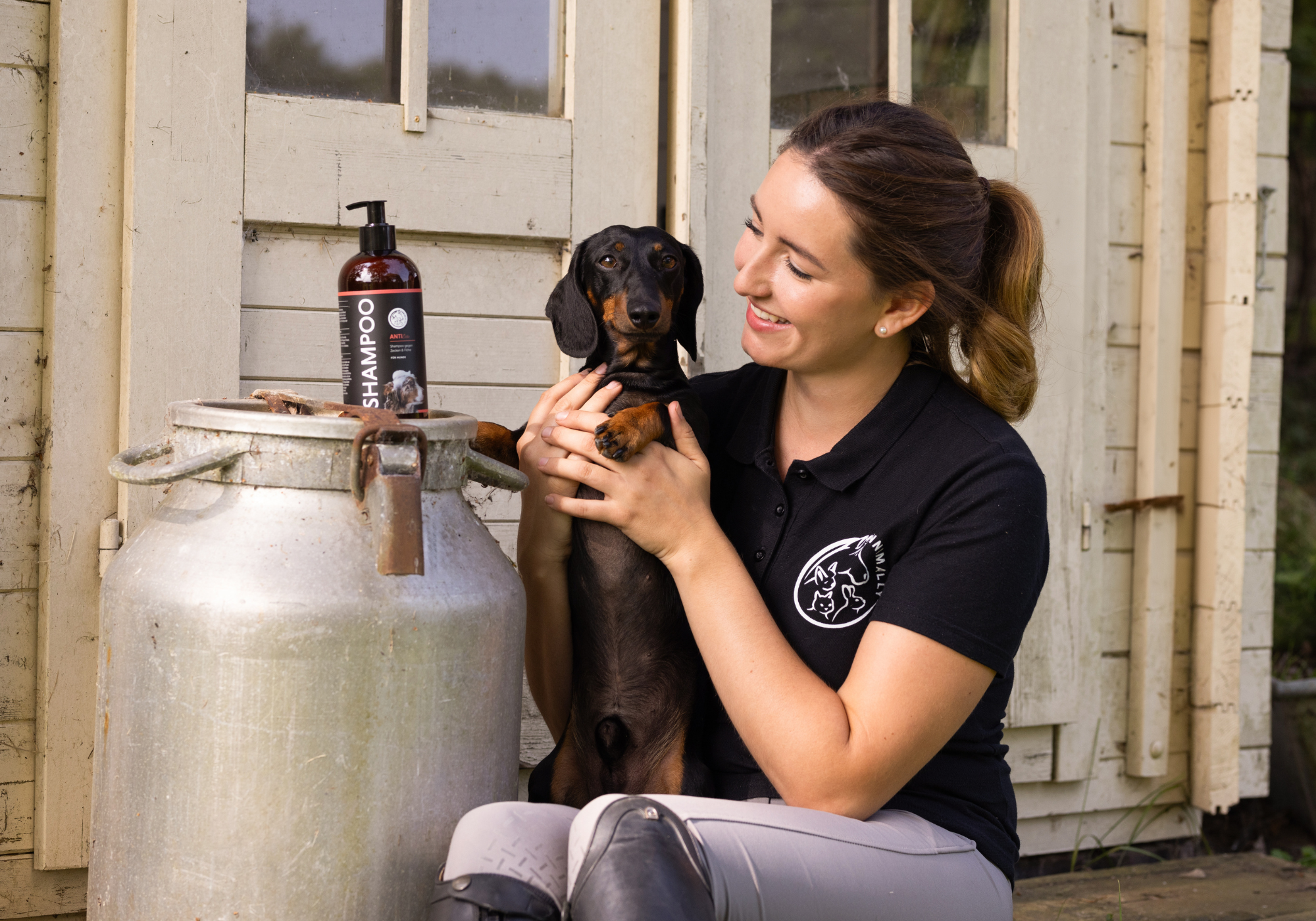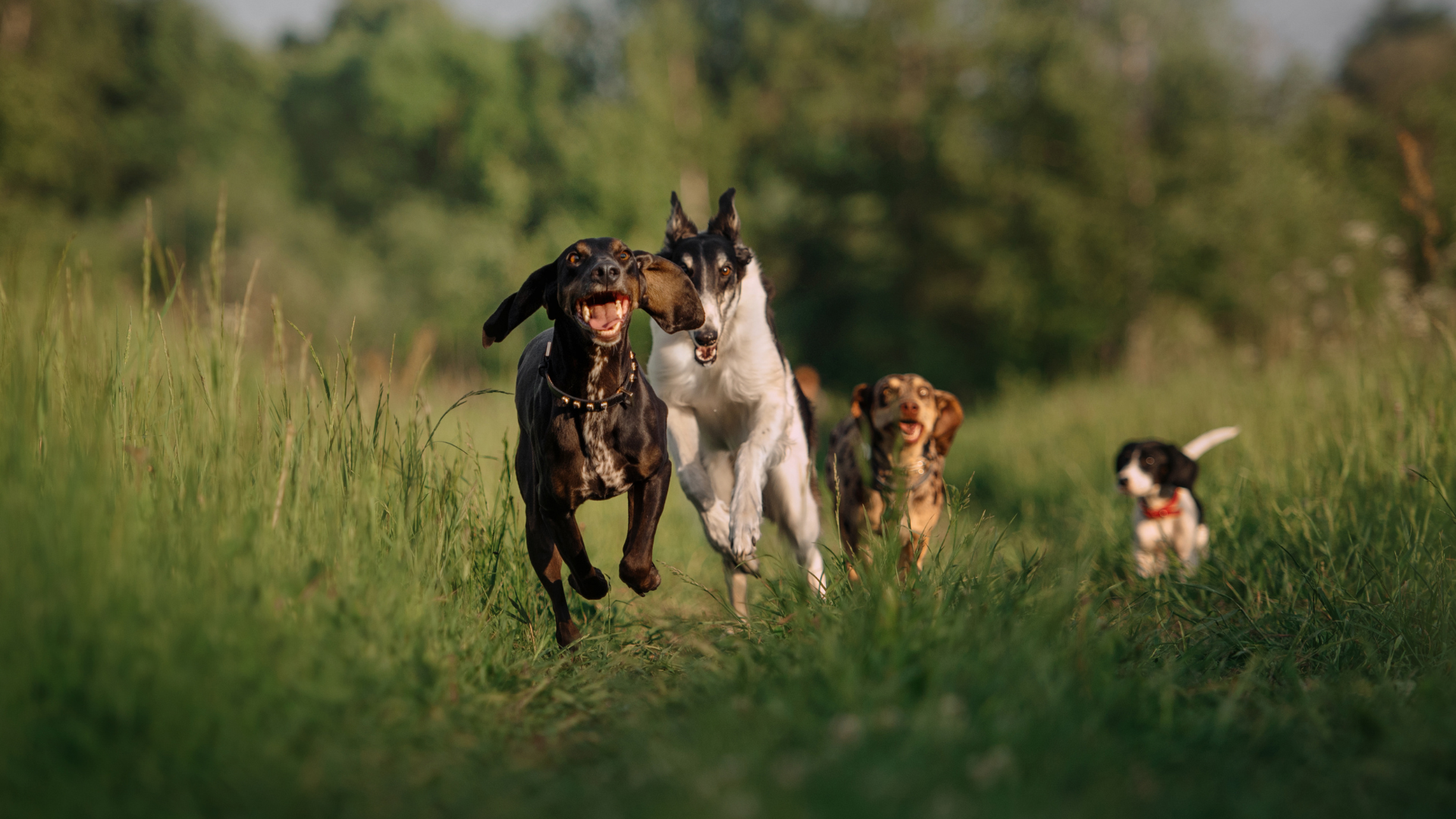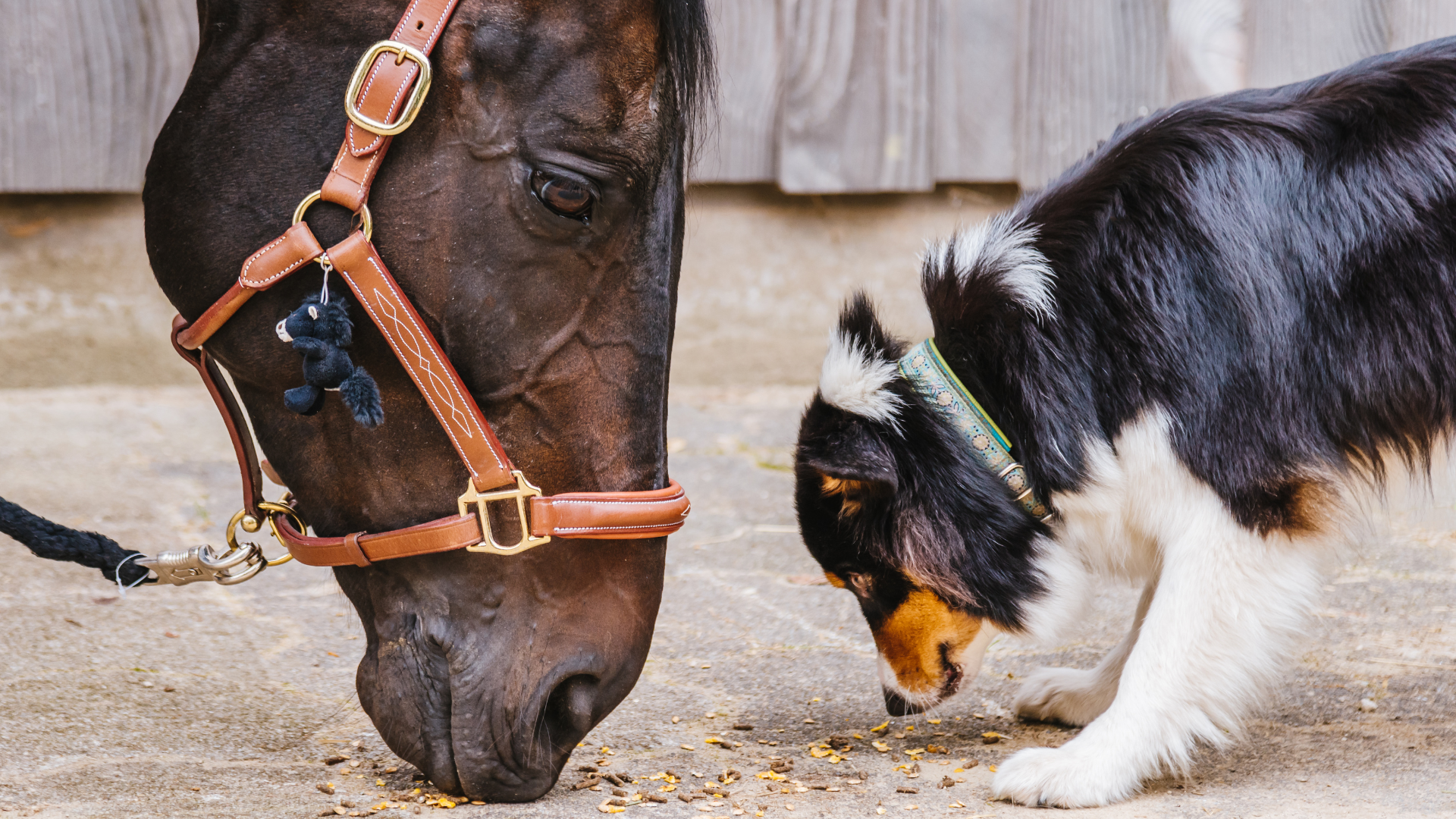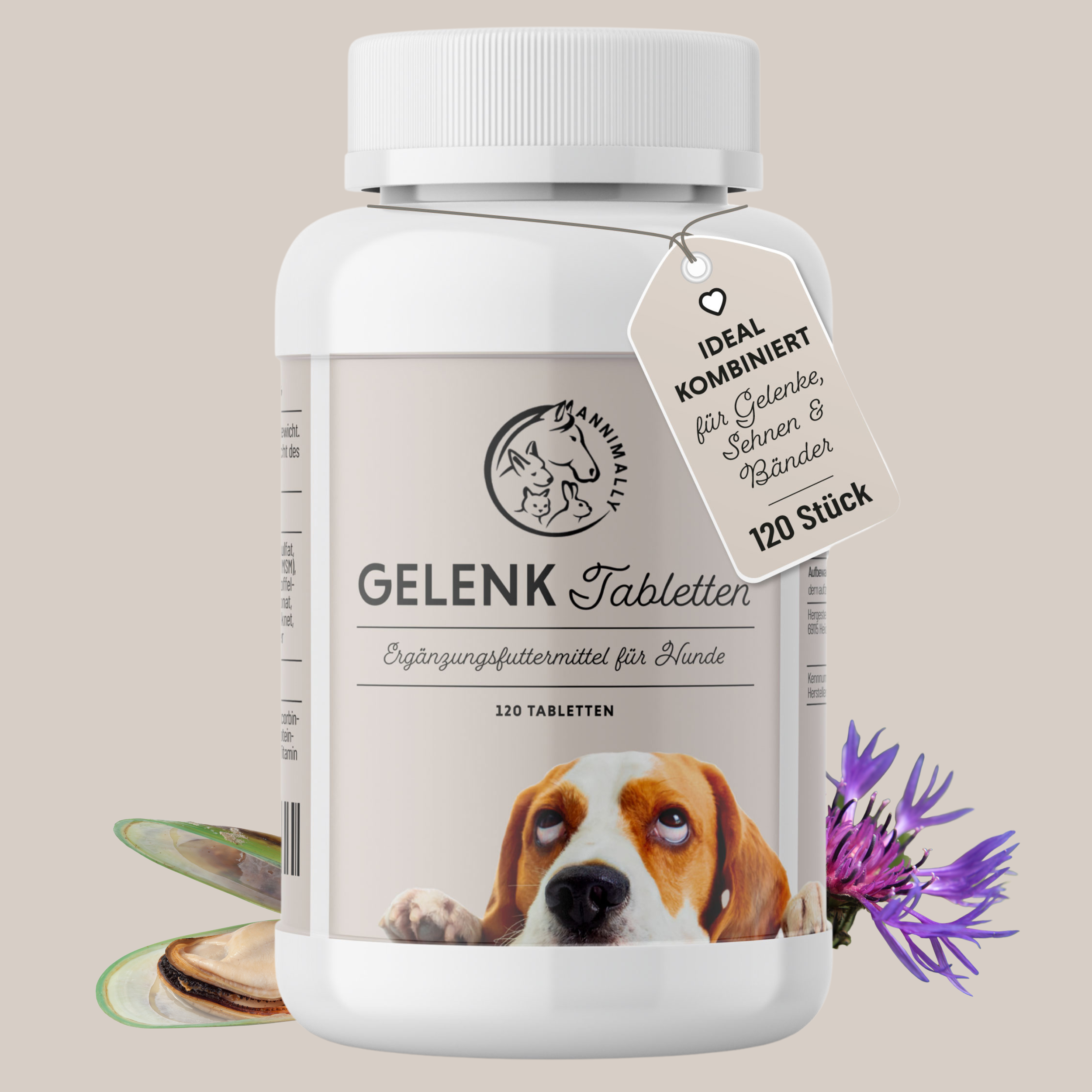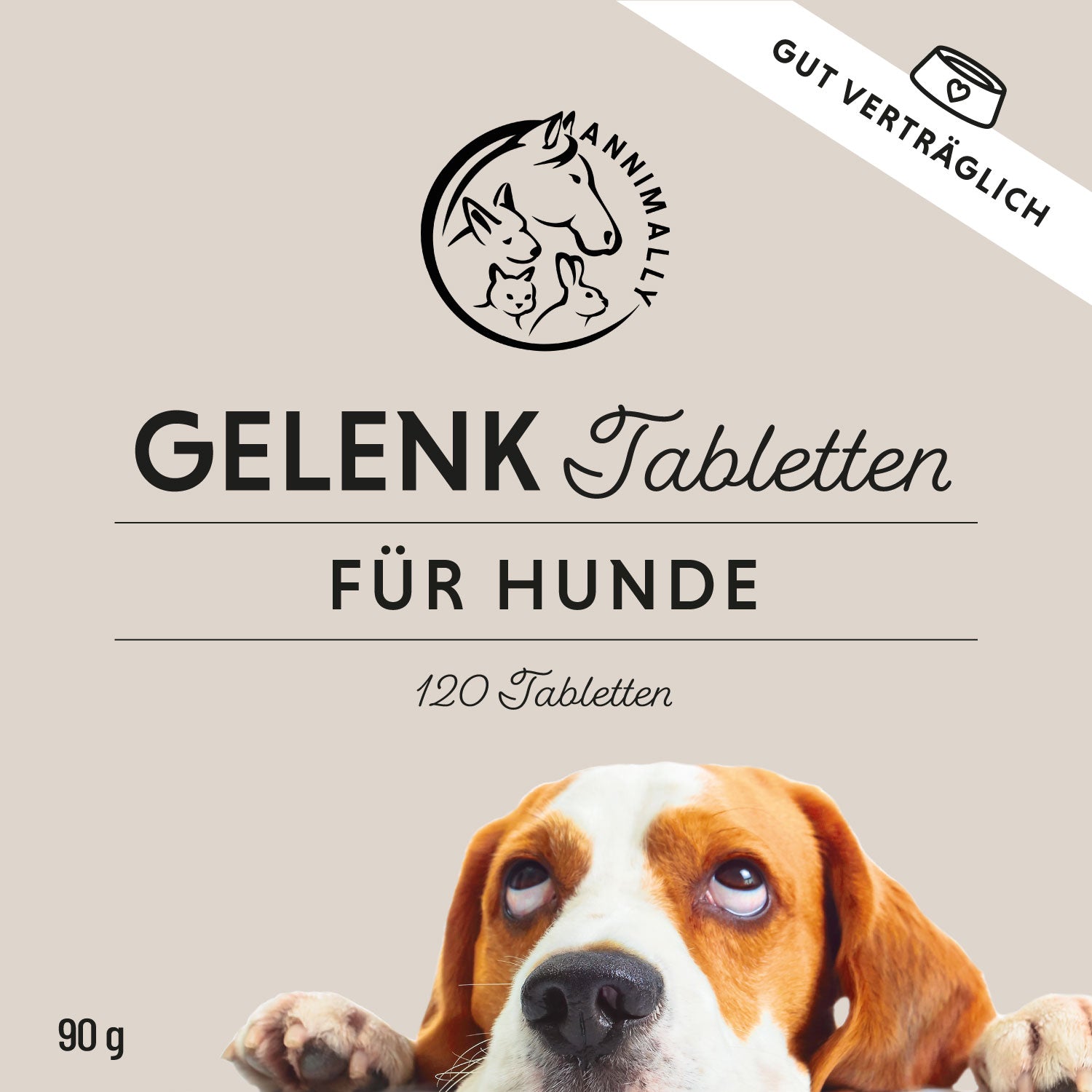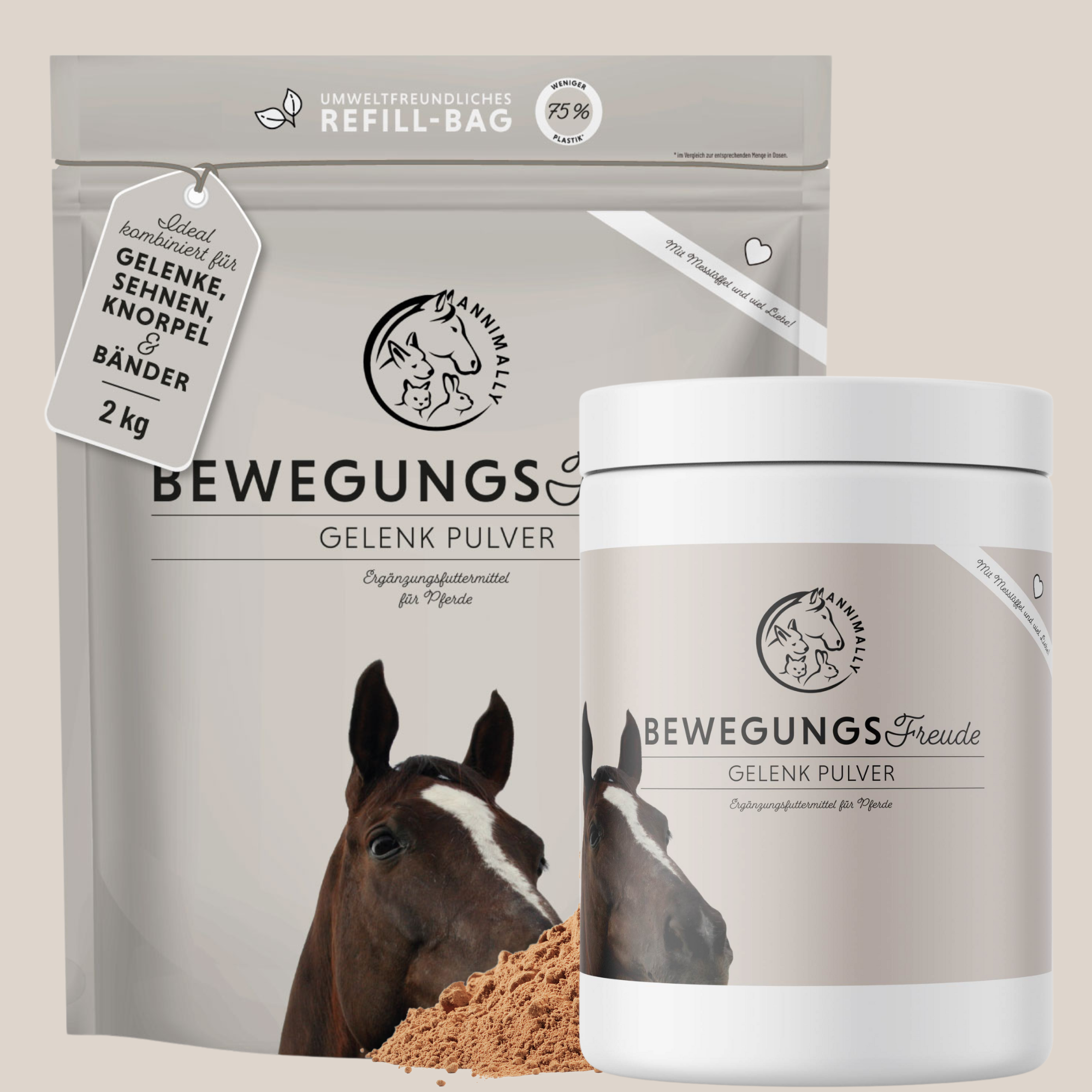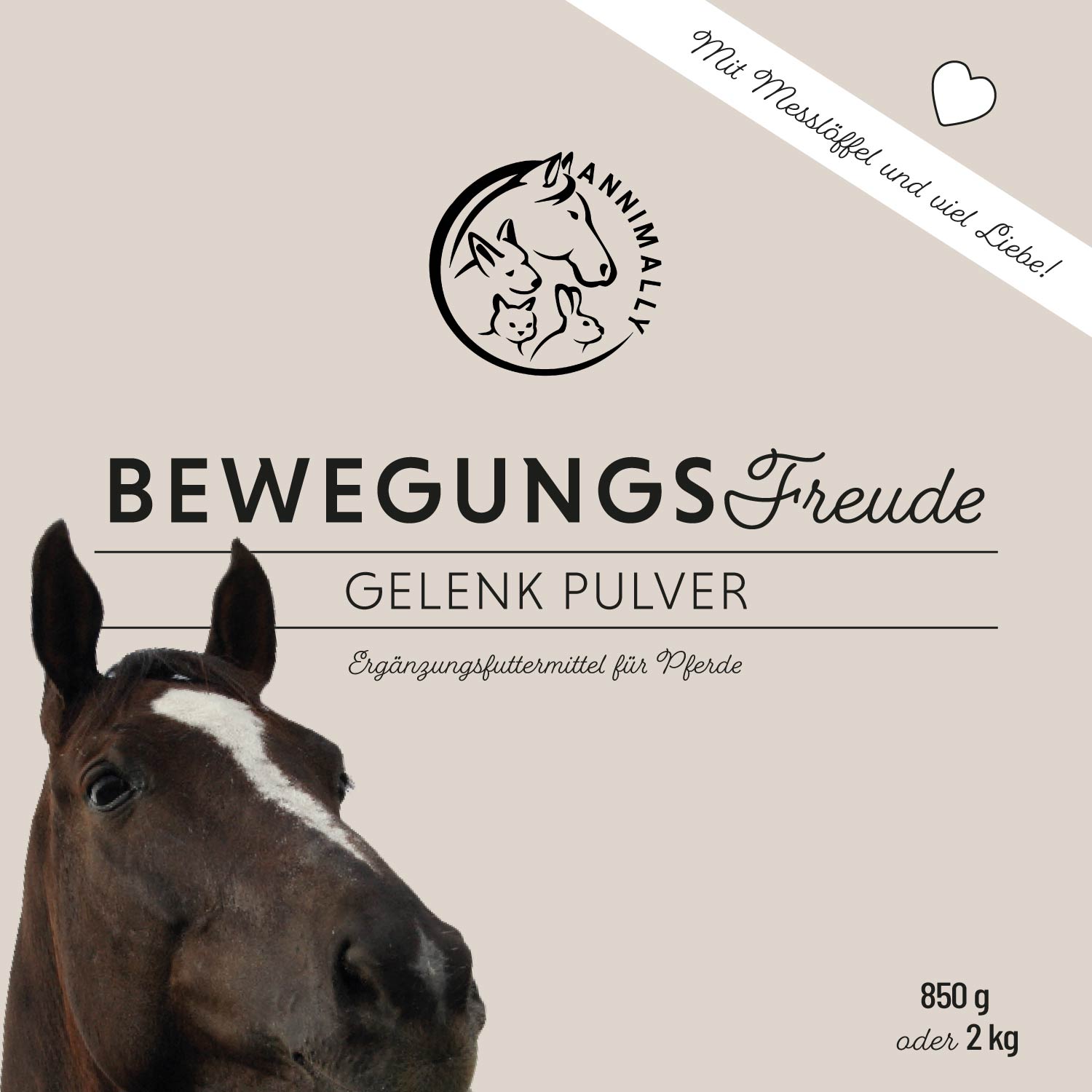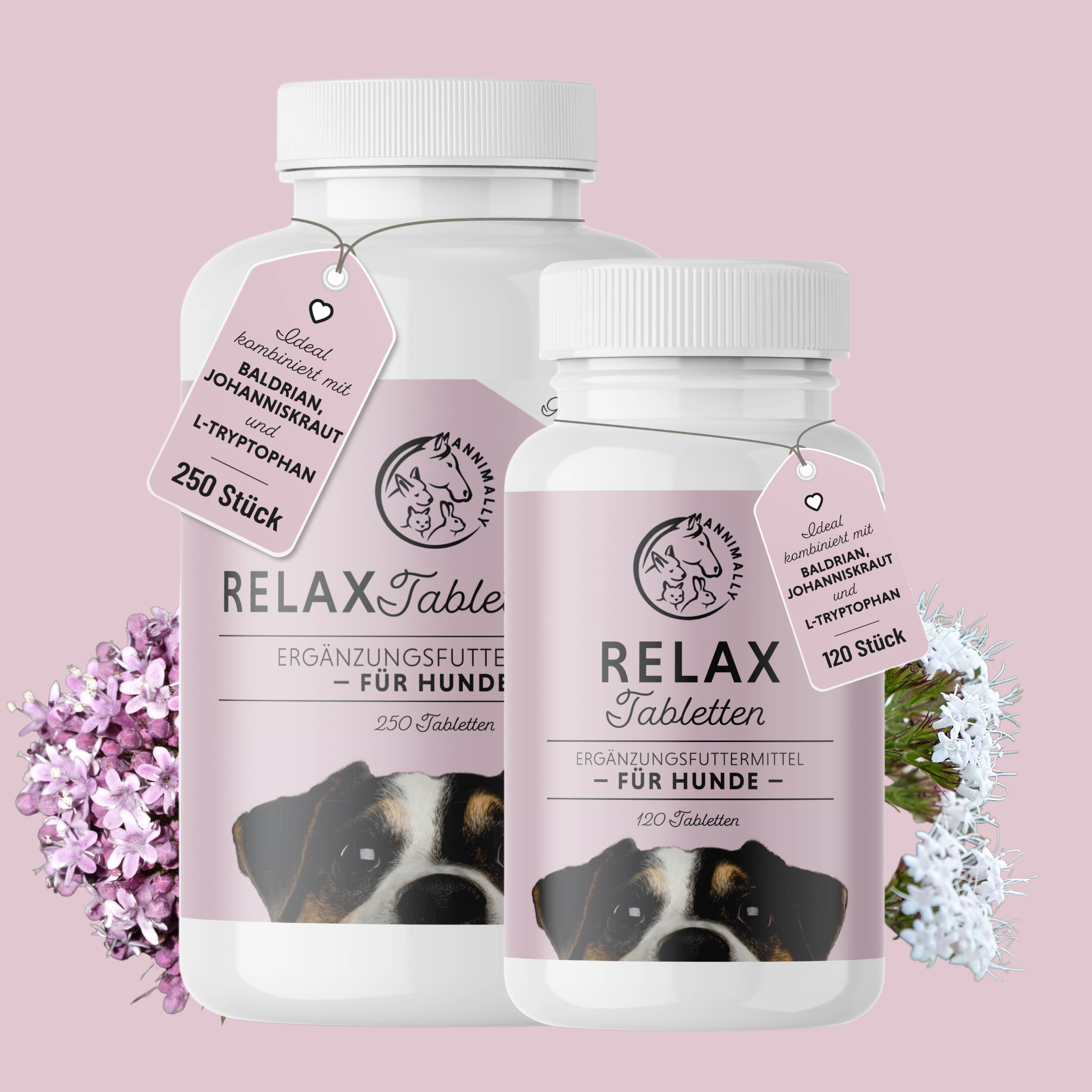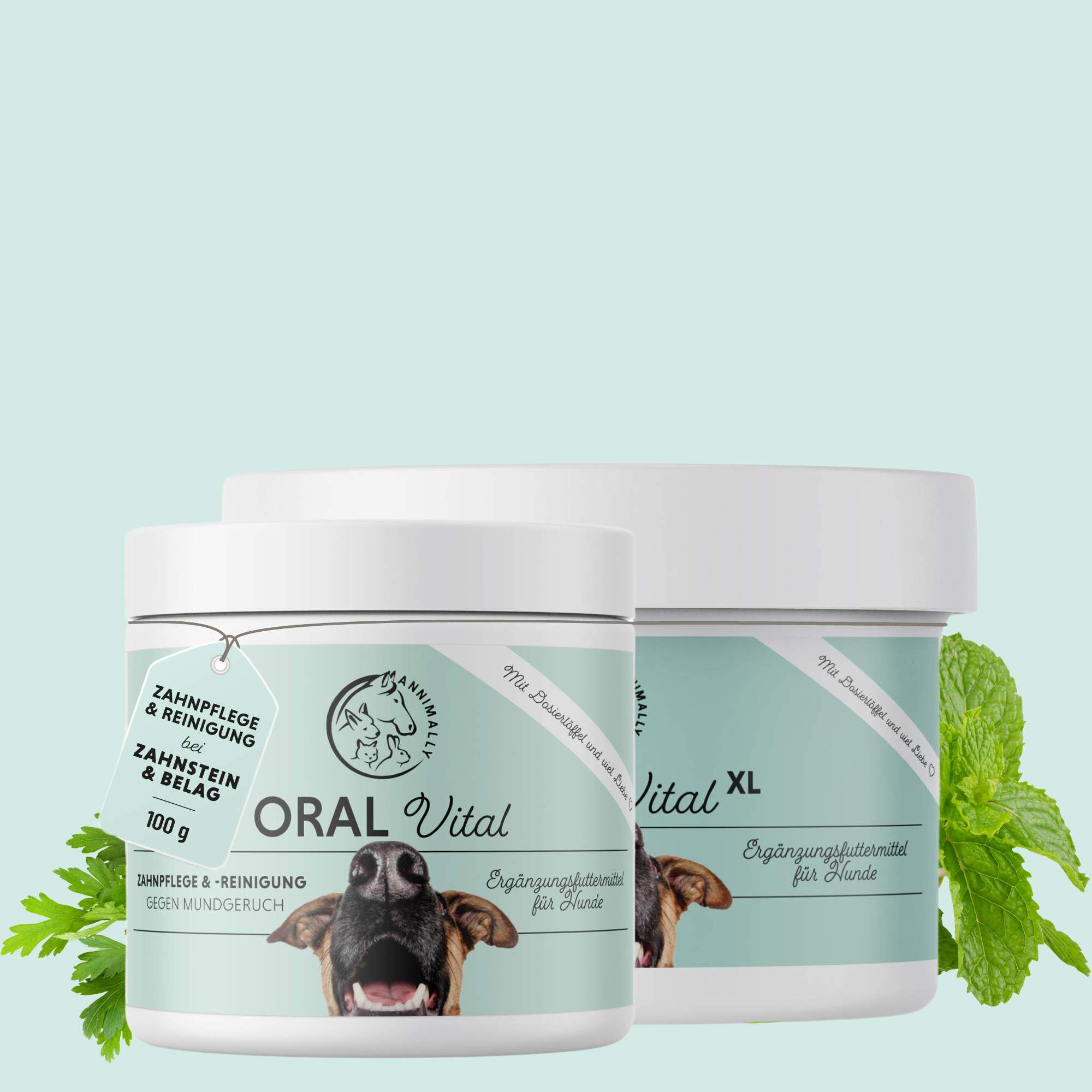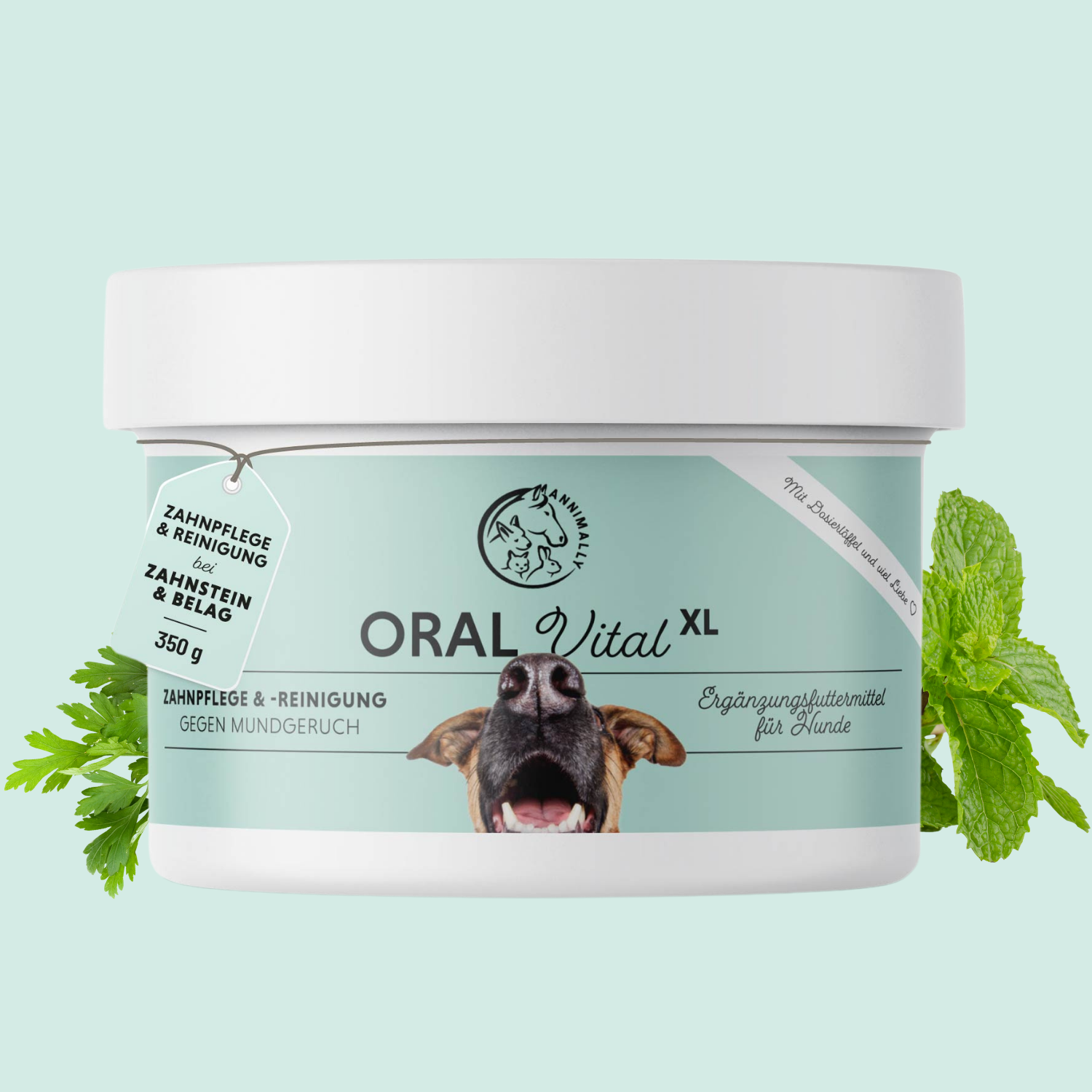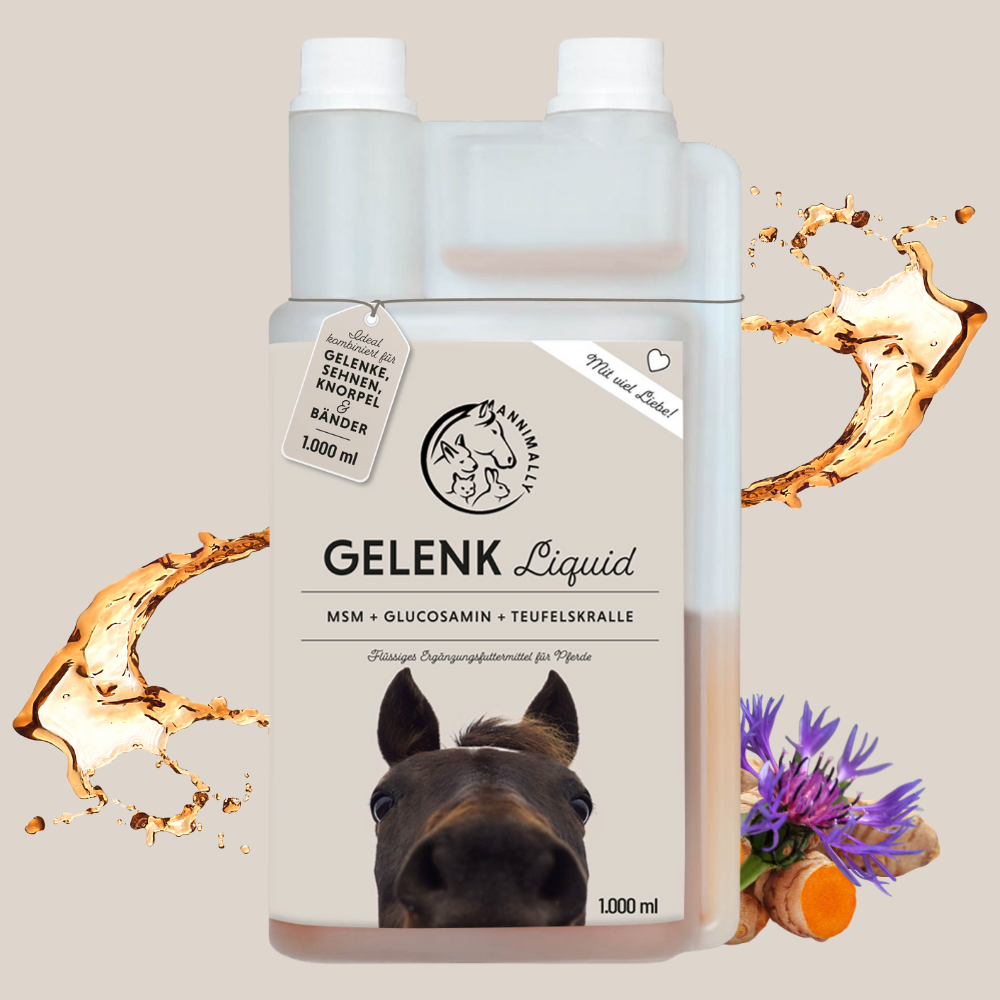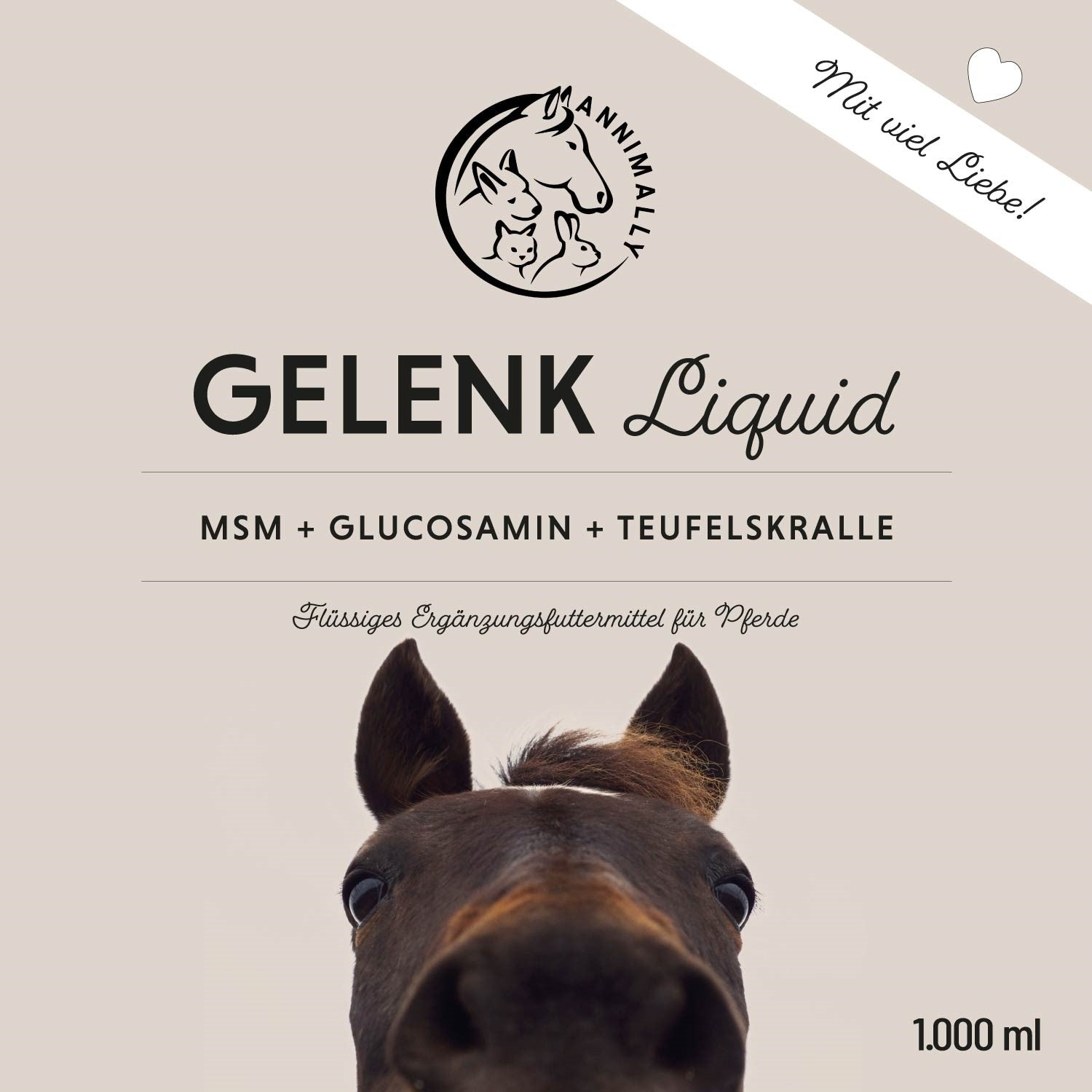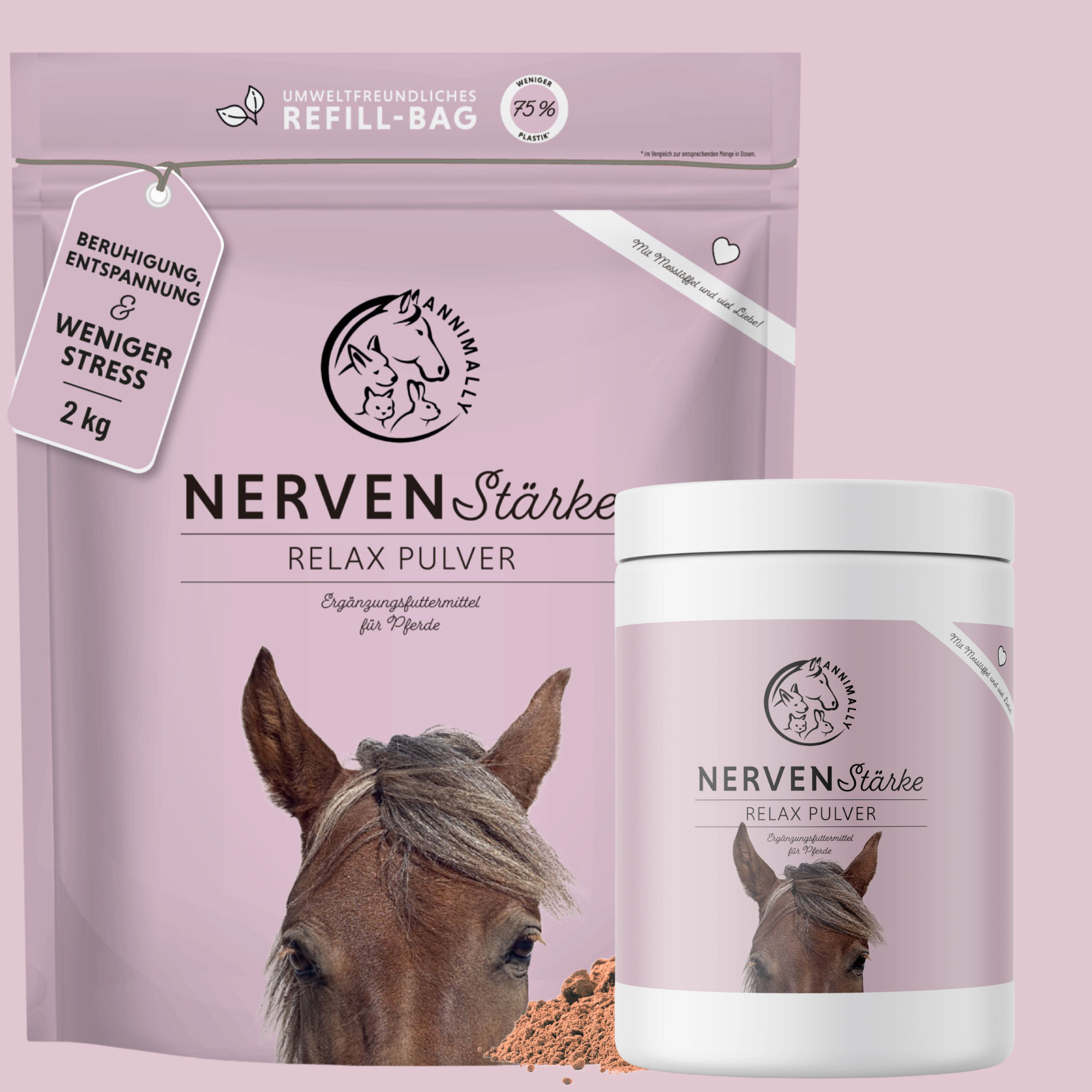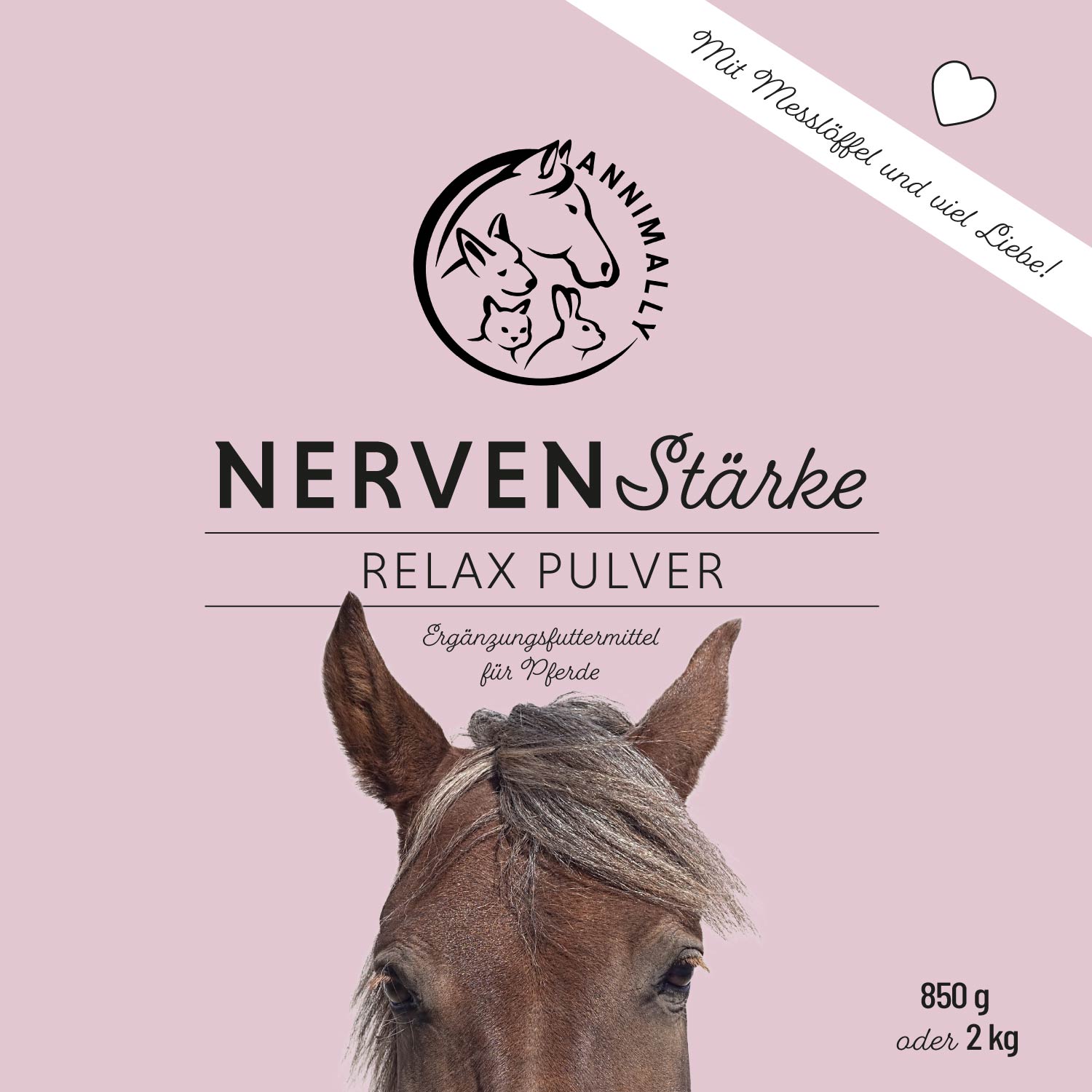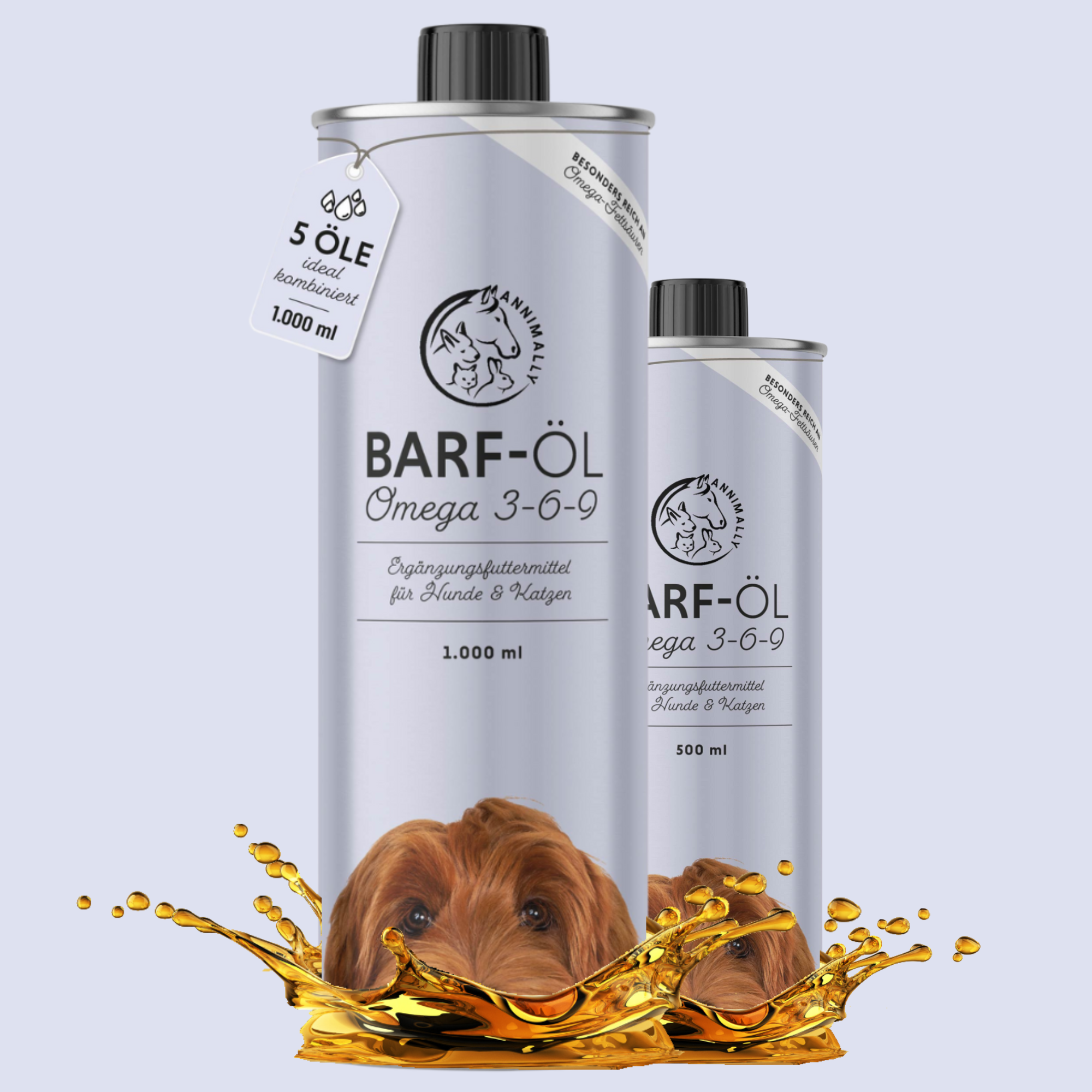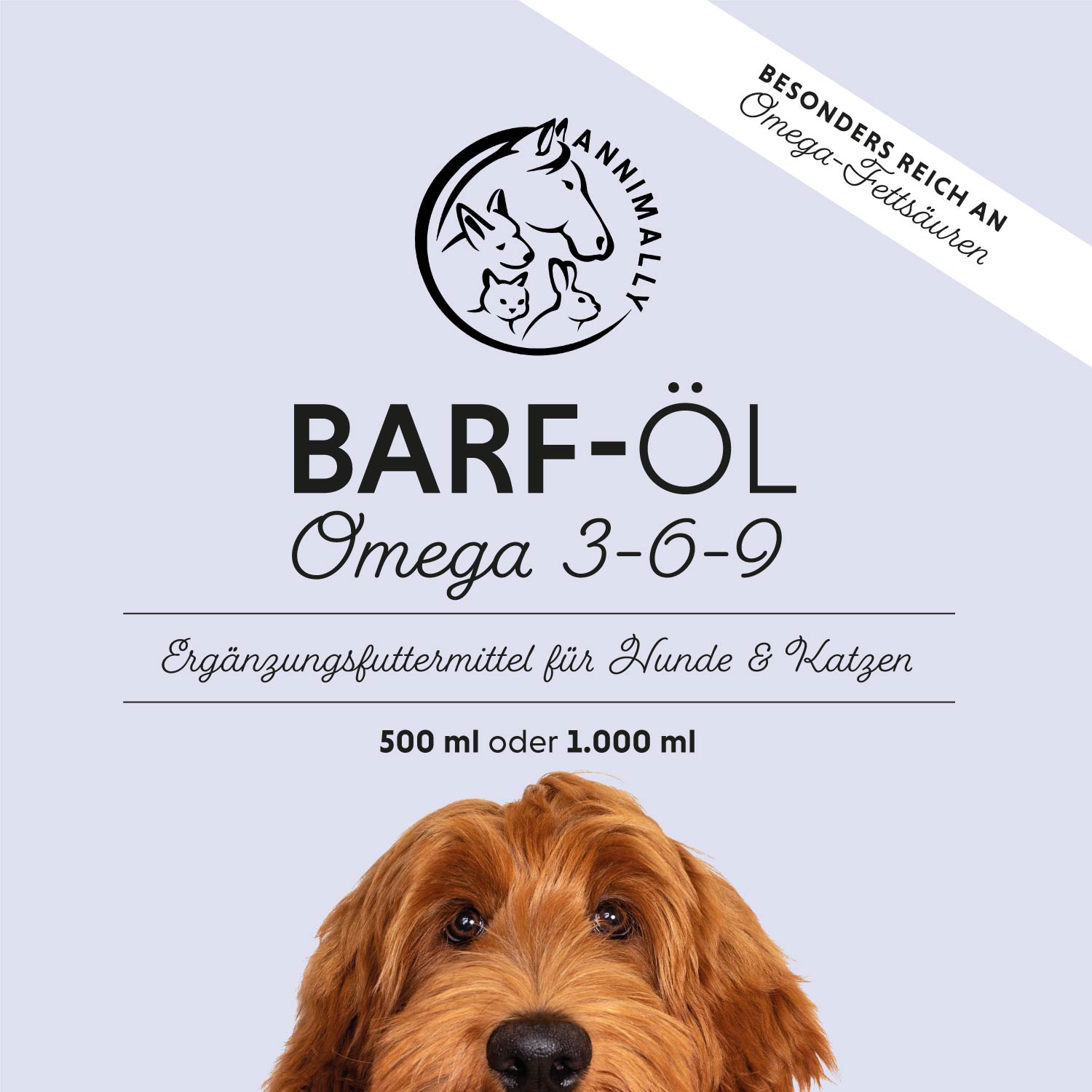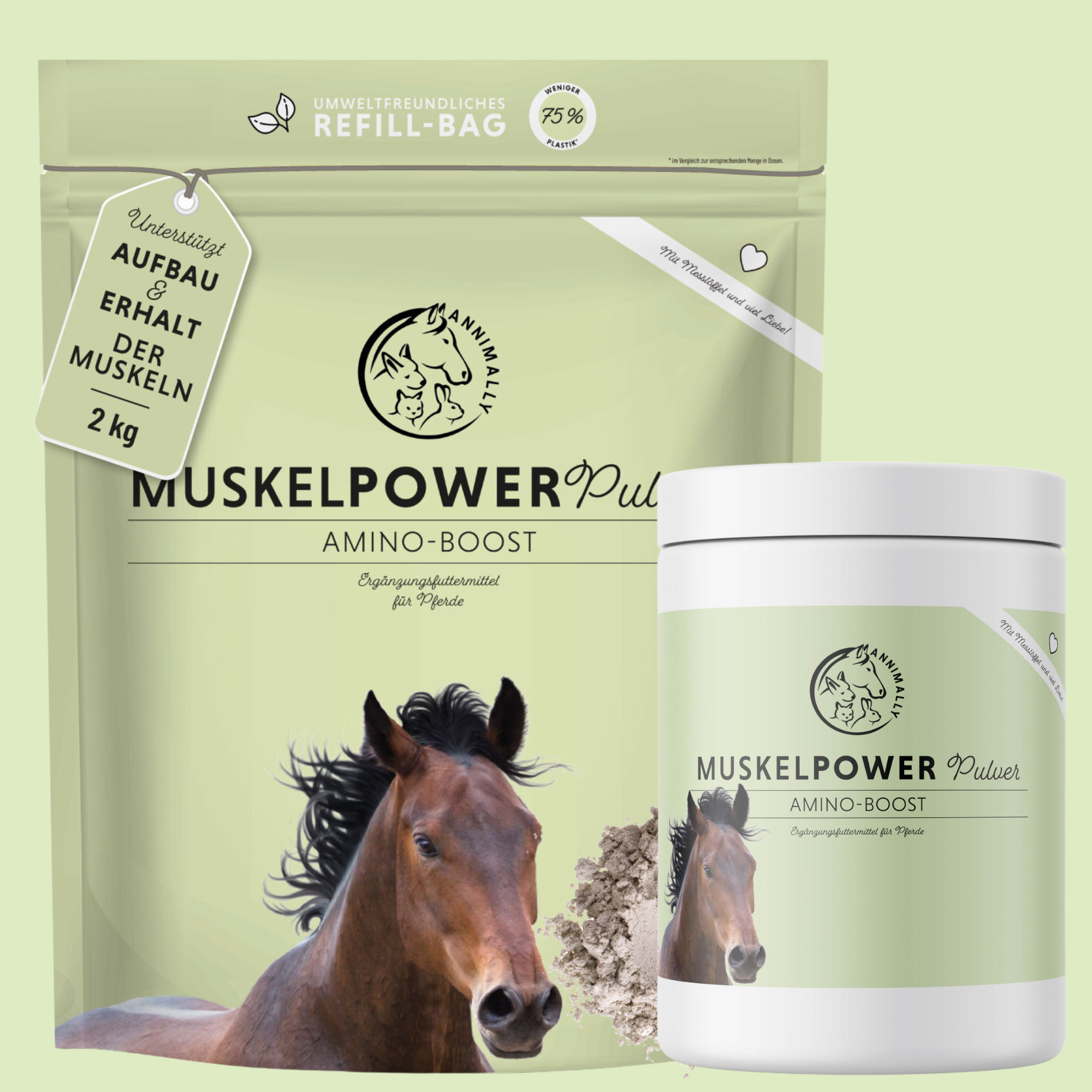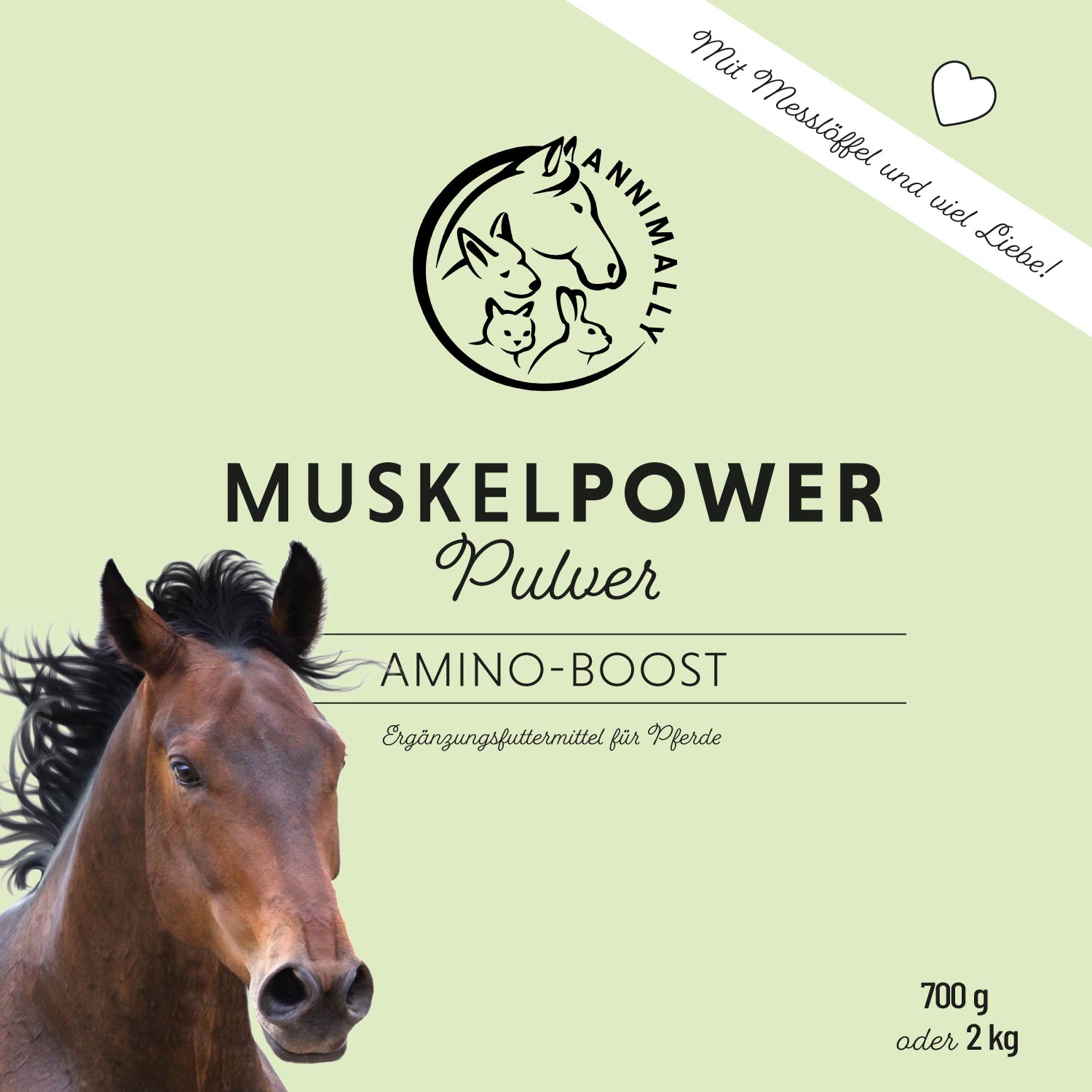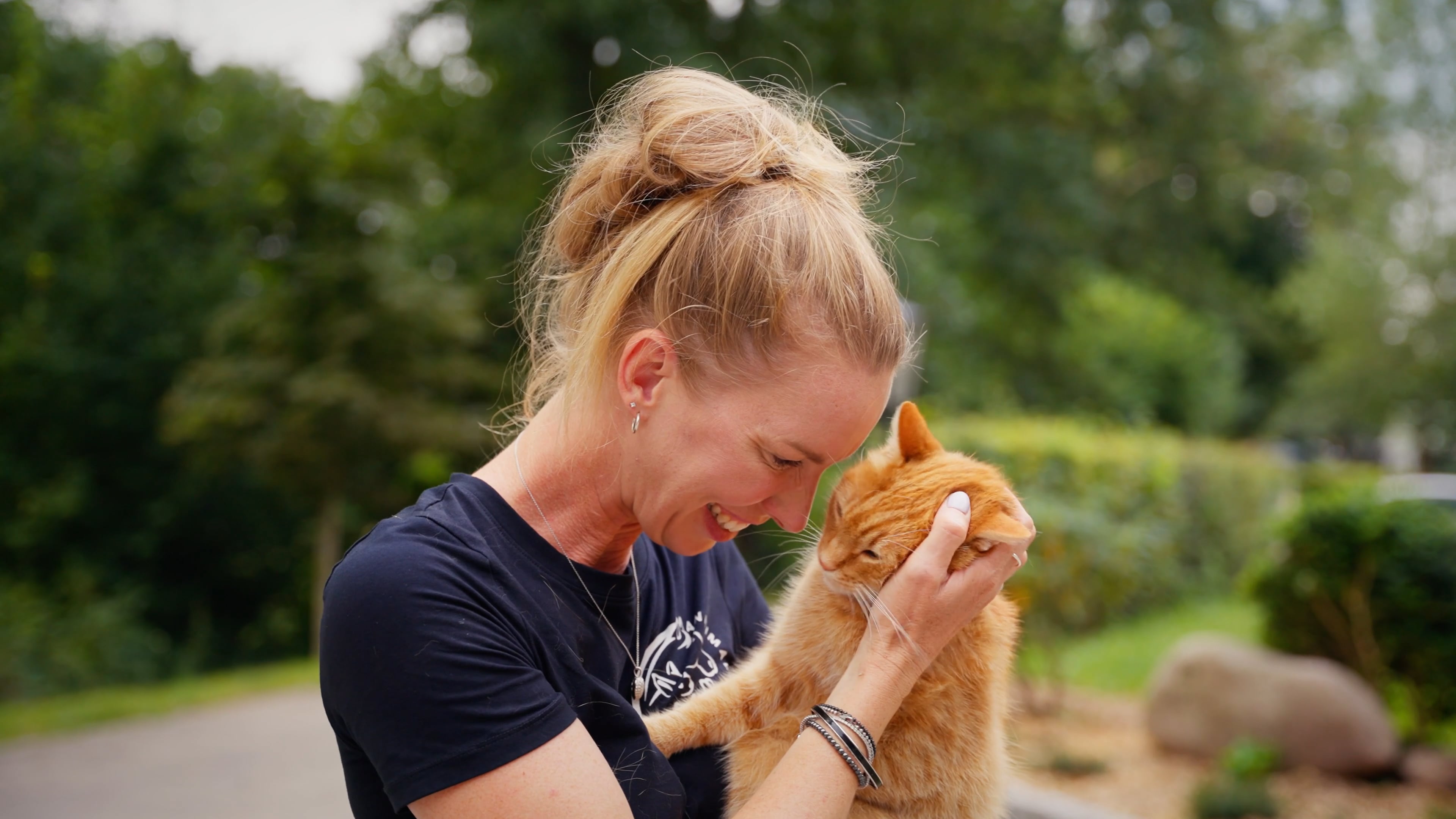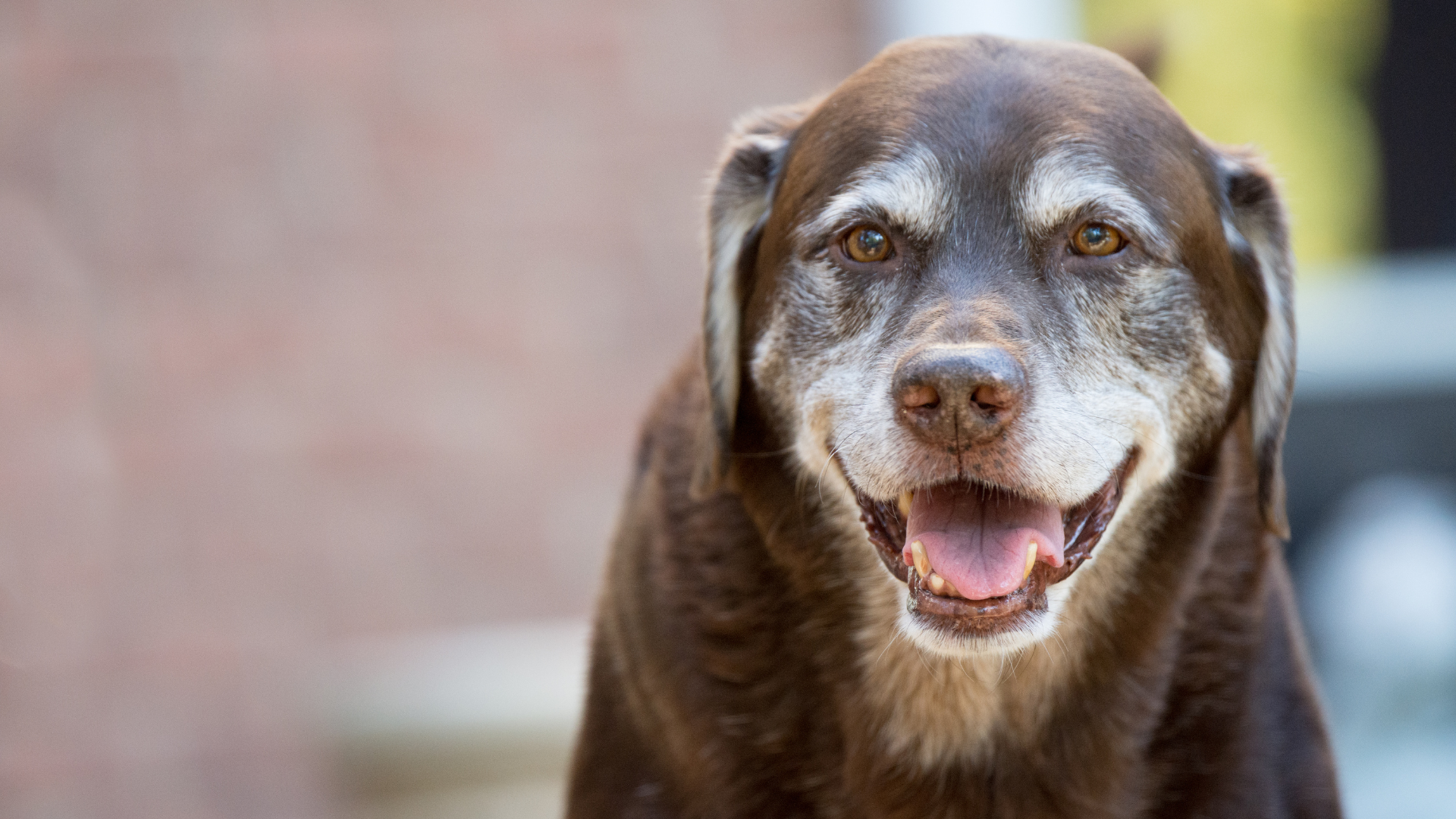
Senior dogs: Nutrition & exercise in old age – How to keep your four-legged friend fit and healthy
As dogs age, not only their needs change, but also their entire life cycle. Nutrition and exercise play a crucial role in maintaining or even improving your faithful companion's quality of life as they age.
In this article, you'll learn everything you need to know about proper feeding and exercise for older dogs—including valuable tips and recommendations.
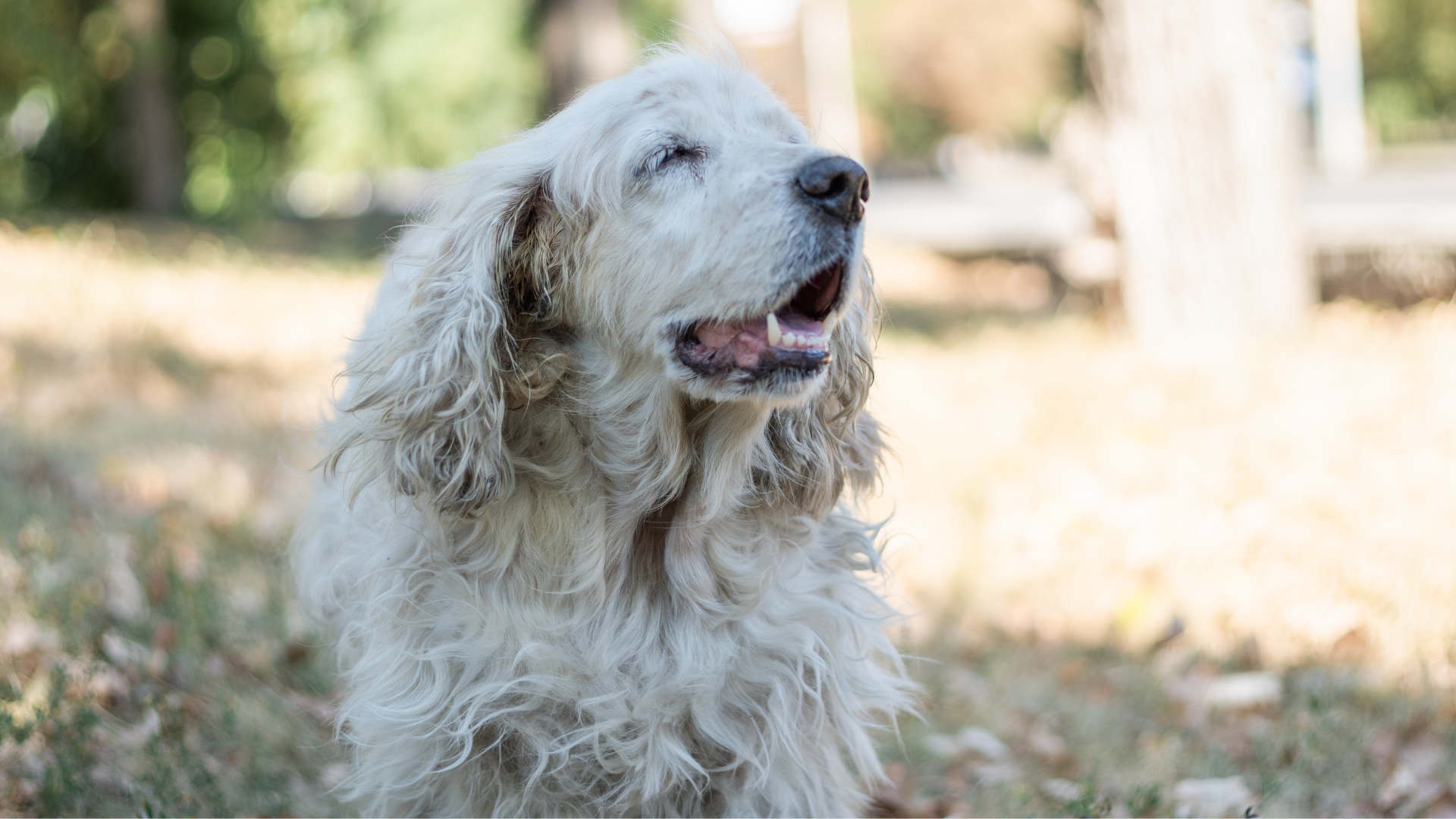
Why diet and exercise need to change for older dogs
As your dog ages, their metabolism, muscle mass, and overall health change. While a young dog or puppy consumes a lot of energy, their energy needs decrease significantly with age. Their activity levels also decrease—many senior dogs sleep more, have less desire to play, or go on long walks.
These changes have a direct impact on feeding and exercise behavior. An older dog needs a customized senior food with special nutrients to support their health and prevent age-related problems such as joint problems or obesity.
Nutrition for old dogs – the most important basics
1. Adapted energy requirements in old age
The older your dog gets, the less energy he needs – unless he is sick or particularly active. This doesn't mean you need to feed him less, but rather that his food should contain fewer calories. The so-called “ Age fat ” is not uncommon in older dogs and can lead to other health problems, such as cardiovascular disease or joint strain.
2. The importance of high-quality proteins in older dogs
Many dog owners believe that older dogs need less protein—in fact, the opposite is true. High-quality protein helps slow the natural loss of muscle mass. Make sure your senior dog food contains easily digestible animal proteins.
3. Omega-3 fatty acids and joint health
Omega-3 fatty acids support joints, the immune system, and have anti-inflammatory properties. They are especially important for dogs with joint problems or aging-related conditions such as osteoarthritis. Good senior food usually contains these essential fatty acids in the form of fish oil.
4. Vitamins and minerals
As your pet ages, their nutritional needs regarding vitamins also change:
-
Vitamin C : Strengthens the immune system and has an antioxidant effect
-
B vitamins : Support metabolism
-
Calcium & Phosphorus : Important for bones and teeth
Special attention should also be paid to kidney function – therefore the food should not contain excessive amounts of phosphorus.
5. Senior food vs. regular food
A special senior food is tailored to the changing needs of older dogs. It contains fewer calories but sufficient nutrients—a perfect balance for older dogs to avoid obesity while maintaining vitality.
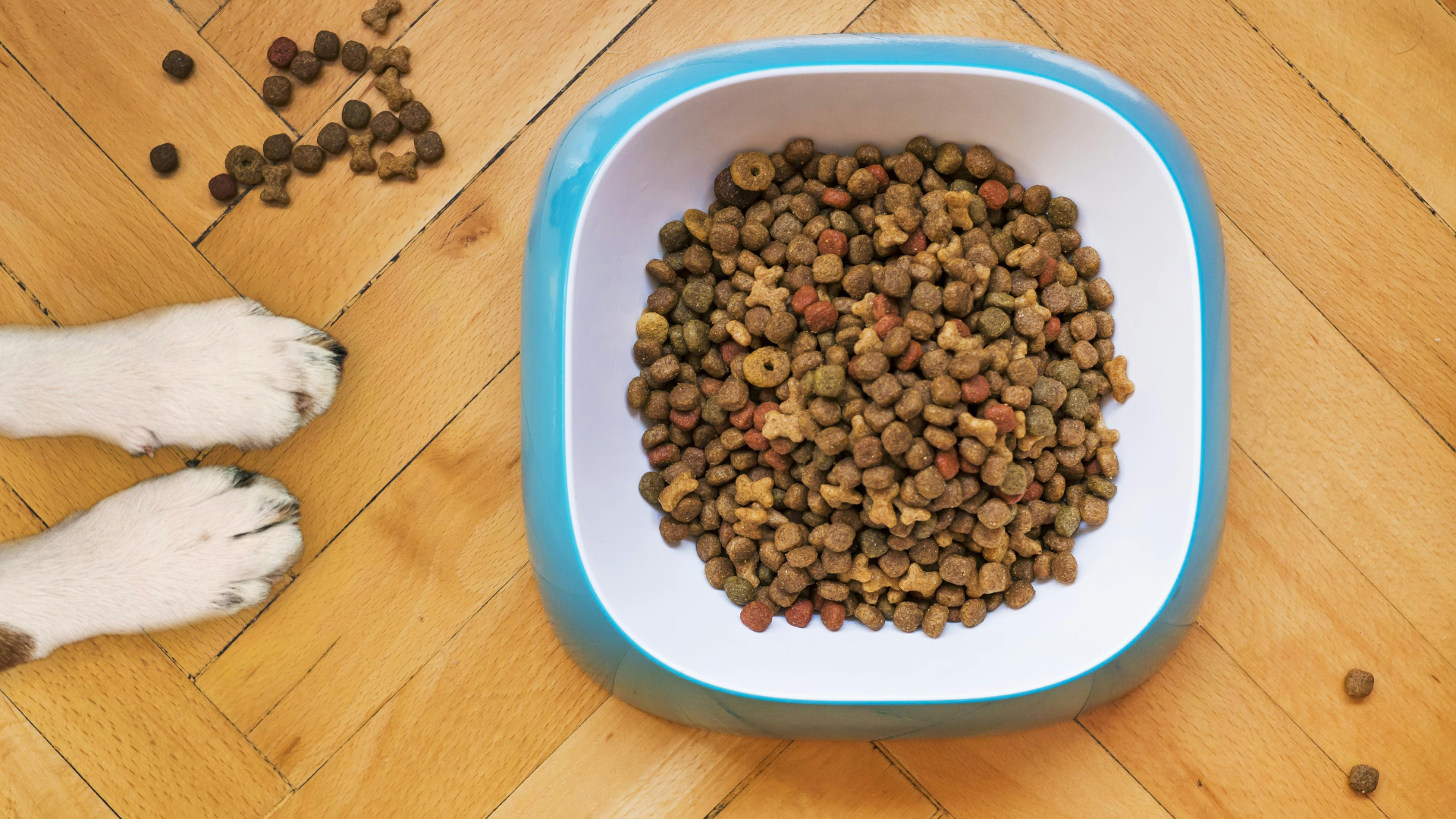
Tips for feeding older dogs
As your dog ages, not only their energy needs change, but also their digestion and general eating habits. Therefore, it's a good idea to divide their daily food into two or three smaller meals. This not only protects their gastrointestinal tract but also helps prevent blood sugar fluctuations.
Watch carefully for any changes in your dog's eating behavior – loss of appetite, sudden gulping, or even refusal to eat can be early signs of health problems and should be discussed with your veterinarian.
It's also important that your dog has access to fresh water at all times. Older dogs tend to drink less, which can negatively impact kidney function. Therefore, pay particular attention to adequate fluid intake.
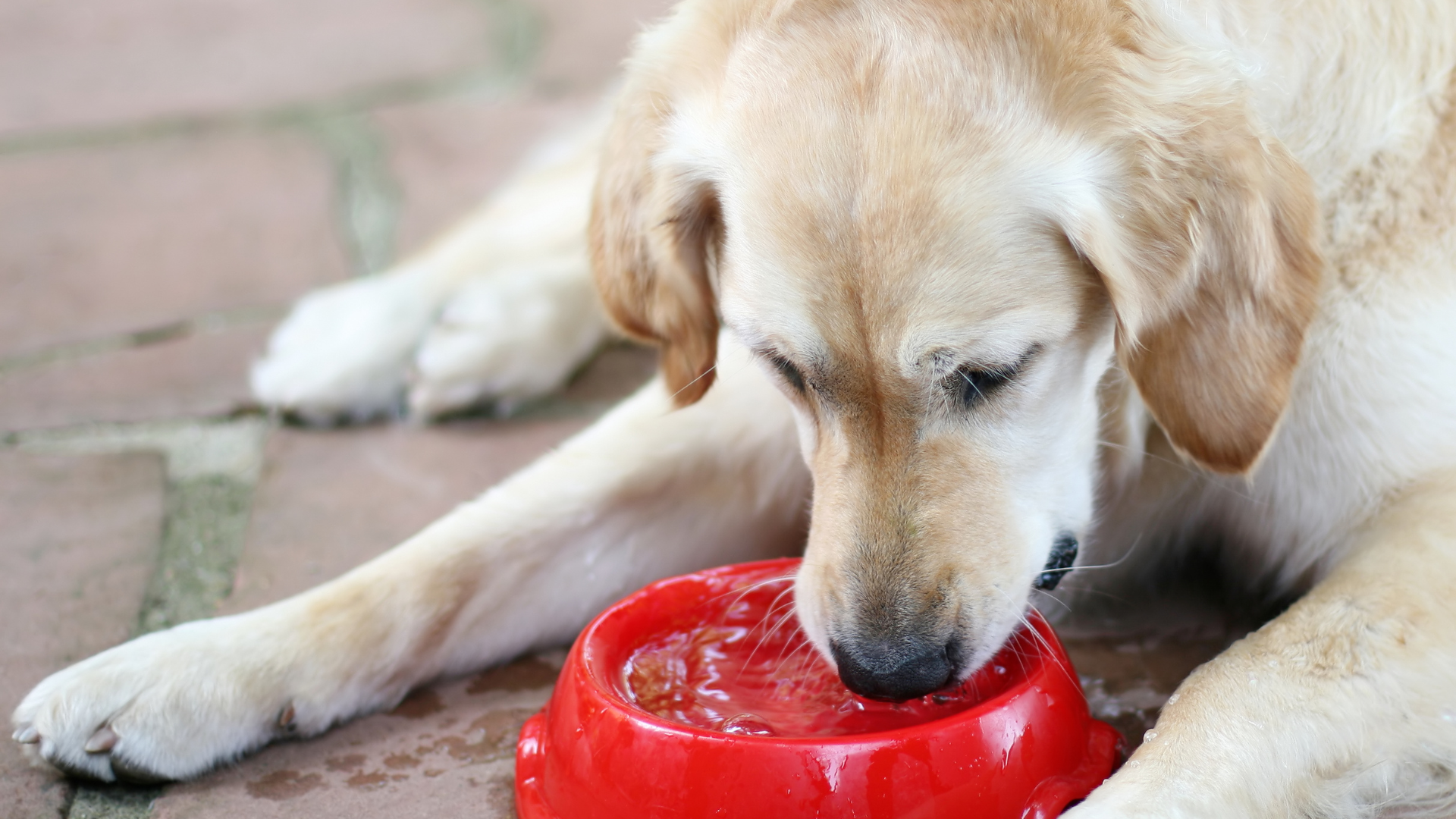
To promote dental health, you can regularly offer your dog suitable chew bones. They help reduce plaque and strengthen the gums—a simple yet effective addition to daily dental care.
The general rule is: less is often more. Choosing the right food—ideally a senior food specifically tailored to older dogs—is crucial. It provides your dog with all the essential nutrients without burdening him with unnecessary calories. This way, your four-legged friend will remain vital, healthy, and full of life even in old age.
Exercise for senior dogs – active but adapted
Not only does diet change with age, but exercise habits should also be adapted to these physical changes. Even if your dog becomes calmer, that doesn't mean he no longer has the urge to move. Physical activity remains one of the most important factors for health and enjoyment of life.
1. The right type of movement
Not every breed or senior dog is the same. Pay attention to individual signs of overexertion or listlessness. Walks should be more frequent but shorter. Swimming, for example, is a joint-friendly alternative that many dogs love.
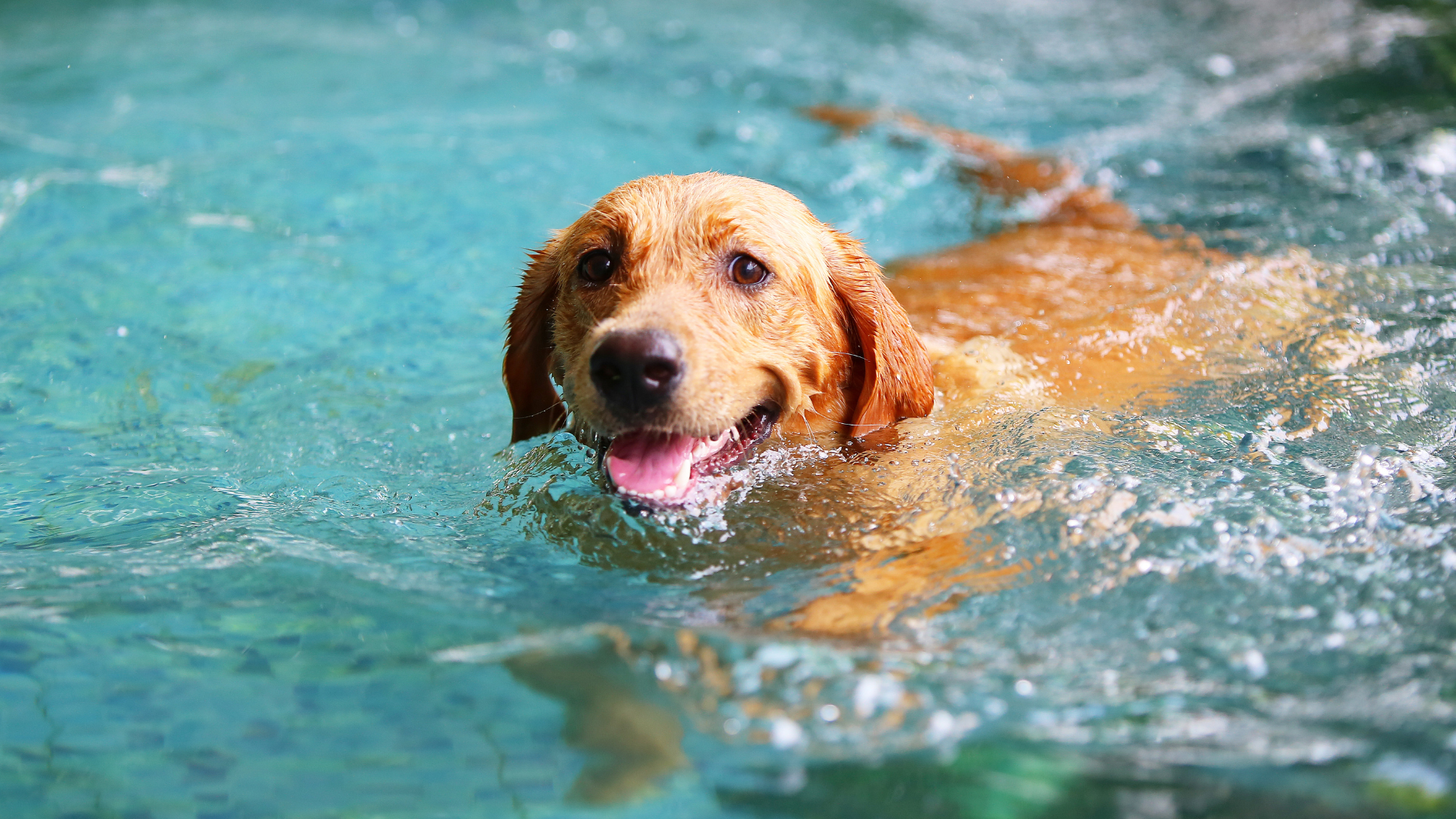
2. Activity against age-related problems
Regular activity strengthens joints, stimulates metabolism, and prevents obesity. This allows you to specifically counteract age-related problems such as cardiovascular disease, diabetes, or osteoarthritis.
3. Mental stimulation of your dog
In addition to physical activity, mental stimulation is also important. Brain games, simple search games, or new tricks keep your dog's brain active – and strengthen the bond between you.
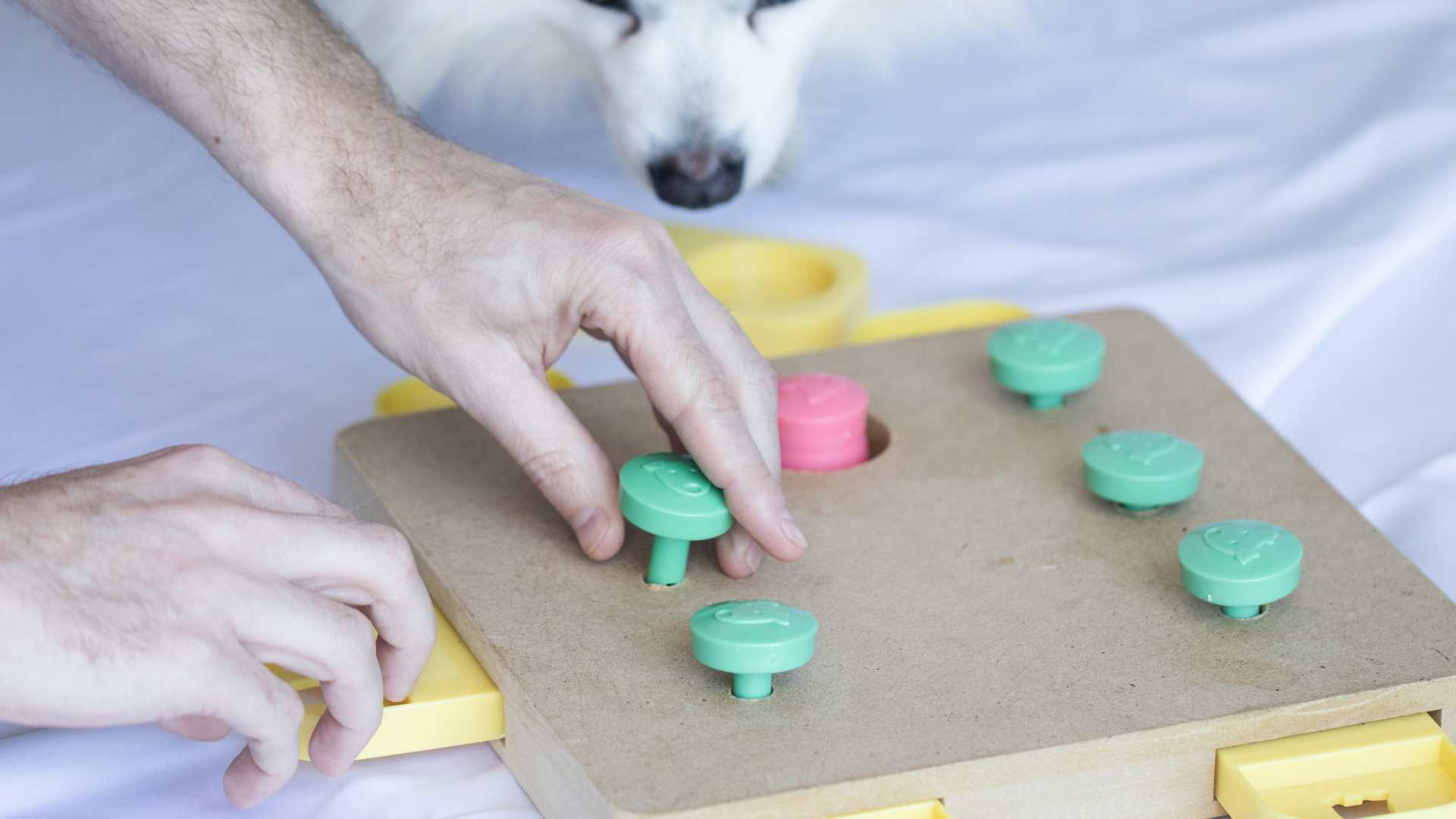
The role of the veterinarian as your dog ages
Especially with older dogs, you should visit the vet regularly – ideally every six months. Many signs of aging are subtle and go unnoticed for a long time. A regular checkup, including a blood test, can provide early indications of illness and give you the confidence to do everything possible for your senior dog.
Talk to your veterinarian about special products, such as joint supplements or the right senior food for your four-legged friend. Especially in cases of existing conditions, such as heart failure or kidney weakness, the diet should be precisely adjusted.
What signs indicate age-related changes
The better you know your dog, the sooner you'll notice changes. Common signs that your dog is aging include:
-
More sleep need
-
Less desire for activities
-
Stiffness when standing up
-
Loss of appetite or weight change
-
Changes in coat or skin problems
-
Forgetfulness or insecurity
All of these symptoms are not necessarily pathological or have drastic effects, but they do require attention and, if necessary, adjustments to diet or exercise plan.
Individual differences: Not every dog ages the same
The life expectancy and aging of a dog depend on many factors:
-
Dog breeds : Small breeds usually live longer than large ones
-
Genetics : Certain breeds are more prone to joint problems or heart disease
-
Housing conditions : nutrition, exercise, care and love have a direct impact on the quality of life
Even if two dogs are the same age, their needs can be very different. Observe your dog closely—you are the best expert on your four-legged friend!
The best tips for a healthy dog life in old age
-
Senior food instead of puppy food – adapt the food to the life stage.
-
Pay attention to the right amount – Avoid obesity, but do not underfeed your dog.
-
Exercise your dog regularly – but adjust the pace to his condition.
-
Keep his brain active with games, nose work, and small challenges.
-
Establish routines – older dogs love reliability.
-
Give him love and closeness – dealing with older dogs should be even more sensitive.
-
Visit your veterinarian regularly – early diagnosis saves lives.
-
Use natural supplements such as glucosamine, omega-3 fatty acids, and turmeric.
-
Make everyday life age-appropriate – non-slip surfaces, easy access, warm places to lie down.
-
Get informed – stay up to date on the latest findings and new products.
Conclusion: How to maintain your senior’s joy of life
Senior dogs aren't frail creatures, but experienced and loyal friends with very special needs. With proper nutrition, targeted exercise, and loving, understanding care, you can significantly improve your senior dog's quality of life.
Remember: Every day with your dog is precious—and with the right measures, you can enjoy many more wonderful years together. Give your four-legged friend what he truly needs in old age: affection, understanding, care—and the best food for his health.
